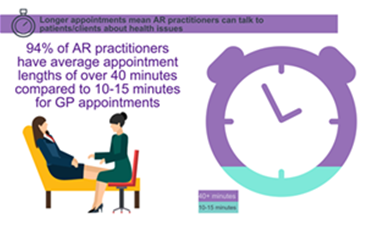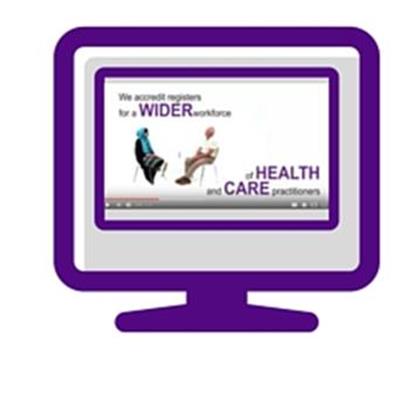The UK’s public health challenges have been well documented by mainstream media. And while some headlines are invariably over-exaggerated, the underlying facts are a stark reminder that improvements must be made.
For real change to be made and sustained, it’s now acknowledged that support must come from many corners of the healthcare network. In this blog, we look at how the Accredited Registers programme can play a key role.
The UK's challenges when it comes to public health

Obesity and smoking-related diseases are two major priorities for government. Over six in 10 adults are overweight or obese according to NHS figures. And we can expect around 96,000 tobacco-related deaths a year, although smoking is on the decline. It’s sobering to consider that health inequalities – inextricably linked with poor public health – mean that in the most deprived areas of the UK, people will have around 20 fewer years of their lives in ‘good health’.
An improvement in public health is good for everyone. It reduces the burden on welfare and healthcare systems and puts less pressure on the public purse. And it contributes to our quality of life and mental health. We can all agree that improving public health should be a priority for everyone working in frontline health and social care.
A ‘wider workforce’ needed to address UK public health
The core public health workforce is estimated at 40,000, which is a tiny percentage of our population. Finding the solution cannot be achieved without making use of other resources.
The Royal Society for Public Health (RSPH) have published their report – Rethinking the Public Health Workforce – which described how other healthcare professionals can contribute to improving the nation’s public health.
Accredited Registers forms part of this ‘wider workforce’. So, in partnership with the RSPH, we decided to conduct research with registrants to assess their views on public health and the contribution they make (and could continue make in the future). The result is our report, Untapped Resources: Accredited Registers in the Wider Workforce.
Research shows how the wider workforce can play a role
Improvements in public health can be made through a range of means. Contact with patients and the public is crucial, hence the creation of the Making Every Contact Count (MECC) initiative. 
The Accredited Registers workforce has thousands upon thousands of contacts with the public each week, making it a logical support network for the public health workforce. What’s more, due to the nature of their work, these contacts average at least 40 minutes – far longer than many primary care interactions.
The report includes the results from a survey, focus groups and interviews, all to assess registrants’ views and experiences in detail. Many already considered the promotion of public health to be part of their job but felt that they were under-utilised. They also expressed the opinion that their capacity to do more in this area was hampered by, for example:
- The ability to signpost to local services effectively
- Public awareness of the Accredited Registers programme
- How to initiate conversations with patients about public health needs – also described as ‘healthy conversations’
The report proposed several solutions including the creation of joined-up, local lists for effective signposting, and the possible creation of a health assessment tool.
What next?
As the report itself concluded, meeting the challenges mentioned above will require systemic change within the Accredited Registers workforce. But with 86,000 registrants now covered by the programme, there is no doubt that this wider workforce is still very much an ‘untapped resource’.
Interested in finding out more? Why not read the report in full?
Related material
